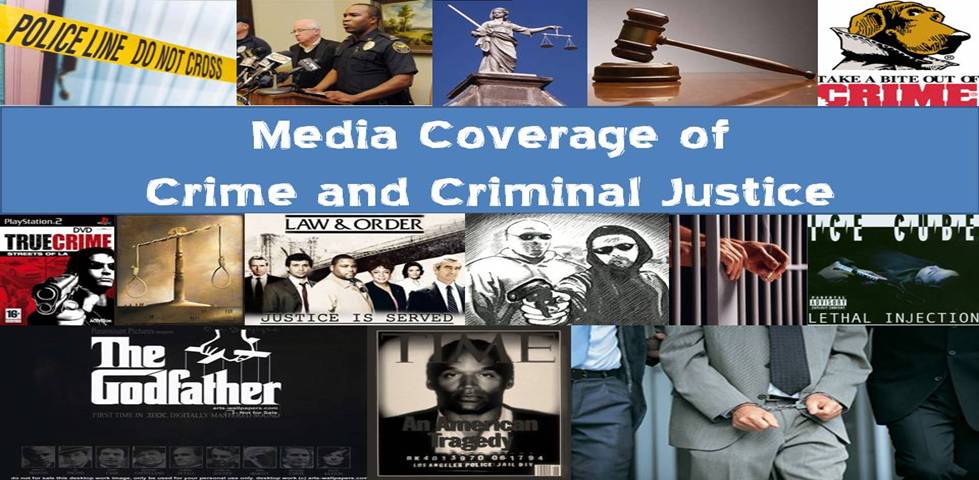This week in my drug policy class I am teaching about methods used in the US drug war, including asset forfeiture.
This is horrible practice where your property is seized and charged. That's right, you are not charged, your property is. And the government only has to prove by a preponderance of the evidence (not beyond a reasonable doubt) that the property was somehow involved in the illicit drug business. If this is shown in court, you lose your property even if never charged with a crime.
And thus, police departments are driving around in police cars that say things like: "This car seized from a drug dealer" (which raises the possibility that police departments in some areas are coming to rely on funds from illicit drugs).
Here is part of an article from NPR:
__________________________
In Kleberg County, where Kingsville is the county seat, Sheriff Ed Mata drives a gleaming new police-package Ford Expedition bought with drug funds. This year, he went to his commissioners to ask for more new vehicles.
"They said, 'Well, there ain't no money, use your assets,' " he says. He says his office needs the money "to continue to operate on the magnitude we need."
Another county agency, the Kingsville Specialized Crimes and Narcotics Task Force, survives solely on seized cash. Said one neighboring lawman, "They eat what they kill." A review by NPR shows at least three other Texas task forces that also are funded exclusively by confiscated drug assets.
__________________________
This is just anecdotal evidence. And thus, no strong conclusions can be drawn from it.
But we learn about more and more abusive cases every year, where people are never charged with anything but still lose their property, where people get killed in their homes by police for resisting and yet no evidence of any drug business is found, and on and on. Drug funds are being used even for nice dinners. Thus, some call it a racket.
Government agencies now derive more than $1 billion per year in proceeds from asset forfeiture; a large portion of this is due to illicit drugs.
This raises an interesting question:
If police are relying on illicit drugs to fund their policing operations, do they really want to get rid of drugs entirely?


I understand the reaction. Especially in the current economic state, law enforcement resources are being kept closer and closer to the chest by administrators. Therefore, any specialized unit who wants/needs a new toy is aware that the best bet is to rely on asset forfeiture. That being the case, I could see where the fudging of motivation (or even abuse) could occur. It's almost like a pretext traffic stop.
ReplyDeleteAs always, I prefer to lean more towards this type of occurrence being an anomaly...though that may just be wishful thinking.
In regards to wanting drugs to go away, I've been told for years not to work myself out of a job. "If you solve all crime, then you won't have a job." However, despite my best efforts, I don't seem to be anywhere close to that point. I'm willing to bet the dope game will exhibit similar resilience.
LOL, no job for you. There are always other illegal things!
ReplyDelete